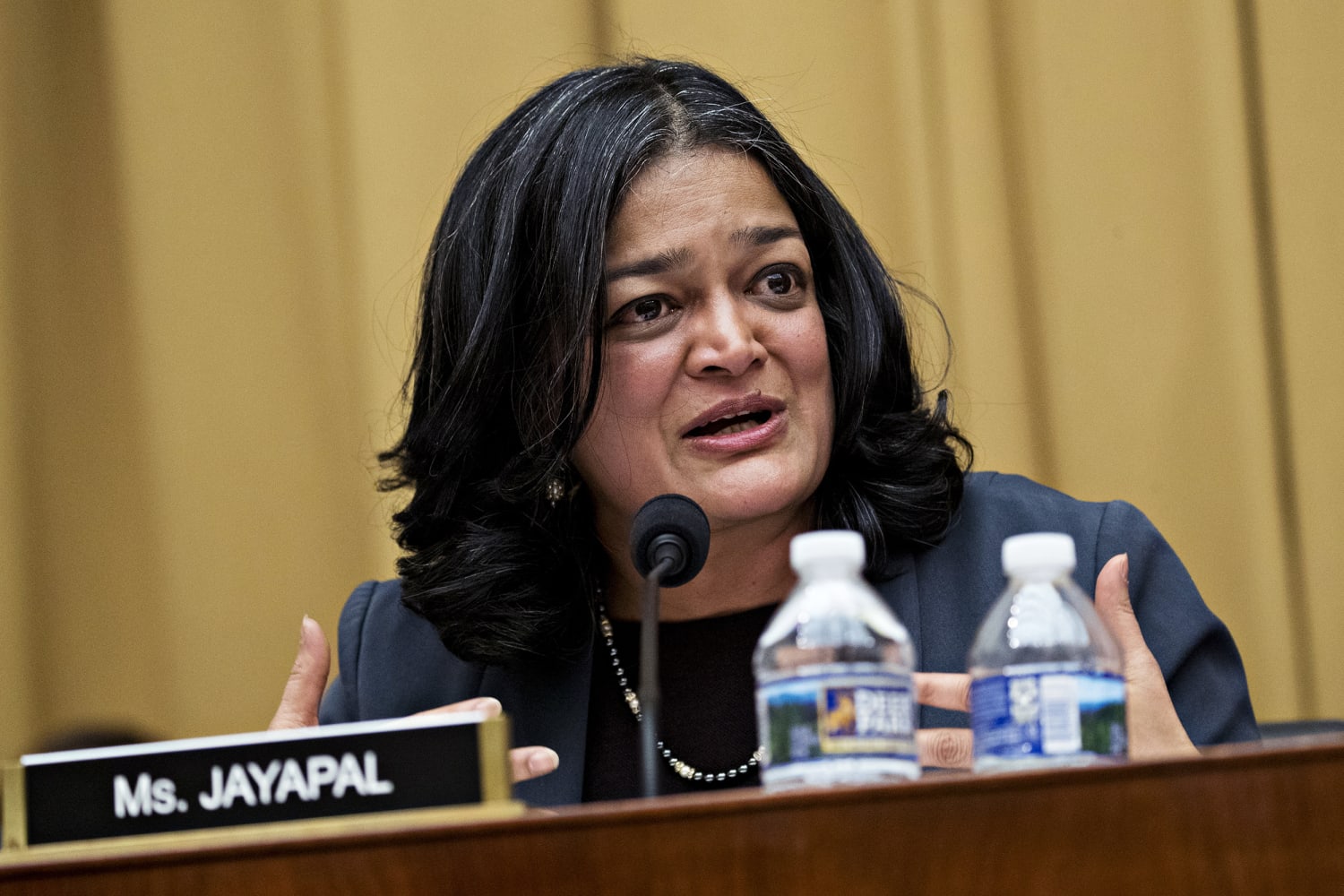
After four years of Trump’s regulation bashing, the expectation was that the Biden Administration would adopt a much more aggressive posture toward corporate misconduct.
There have been some encouraging signals, such as those given by Deputy Attorney General Lisa Monaco in an October speech, but few blockbuster federal case resolutions have been announced during the past eleven months.
According to data my colleagues and I have collected for Violation Tracker, no individual company has paid a settlement or fine of $250 million or more to the Biden DOJ. In fact, there have been only two case resolutions of that size announced by any federal agency during this period.
In September, the Securities and Exchange Commission announced a $539 million settlement with entities linked to Chinese businessman Guo Wengui relating to illegal sale of stock and digital assets. That same month, the Office of the Comptroller of the Currency fined Wells Fargo $250 million for ongoing risk management deficiencies.
By contrast, numerous mega-cases have been resolved by state attorneys general. Since last January, they have announced nine settlements of more than $250 million, including five worth $1 billion or more. Those are the giant cases against pharmaceutical manufacturers and distributors for their role in the opioid crisis.
The largest case was the settlement worth an estimated $10 billion with the biggest opiate villain of all, Purdue Pharma, which is now in bankruptcy and will effectively go out of business. Many argue that the Sackler family got off too easy in the case, but the company is paying a substantial price for its misdeeds. The other ten-figure settlements of the year involved McKesson ($8 billion), AmeriSourceBergen ($6.5 billion), Cardinal Health (also $6.5 billion) and Johnson & Johnson ($5 billion). Also substantial was the $573 million settlement McKinsey reached with states over its role in advising opioid producers in improper marketing practices.
There were also significant state settlements on issues other than opioids. Duke Energy signed an $855 settlement with the North Carolina AG relating to coal ash pollution. Boston Scientific Corporation reached a $188 million settlement with a group of states to resolve allegations it engaged in deceptive marketing of a transvaginal surgical mesh device.
While the Biden DOJ has yet to roll out blockbuster cases, it did announce some substanial resolutions during the year. For example, the U.S. Attorney’s Office in Cincinnati announced a $230 million settlement of criminal charges against utility company FirstEnergy for making improper payments to public officials to get them to pursue nuclear power legislation benefiting the company. Taro Pharmaceuticals agreed to pay $213 million to settle price-fixing charges. In a case that also involved UK and Swiss regulators, Credit Suisse paid $175 million to the DOJ to resolve criminal charges relating to a fraudulent project in Mozambique.
The year also saw the resolution of some major class action and multi-district lawsuits against large corporations. After the U.S. Supreme Court declined to hear its appeal of a court verdict, Johnson & Johnson paid more than $2 billion in damages to a group of women who claimed they developed ovarian cancer from using the company’s talcum powder.
Hyundai Motor agreed to pay up to $1.3 billion to settle a consolidated class of claims that it and its subsidiary Kia sold vehicles with defective engines that could catch fire. Facebook paid $650 million to settle a class action over its harvesting of facial data.
Facebook was also at the center of a controversy that not yet been fully resolved by regulatory or court action. A former manager leaked a large collection of internal documents indicating that the company, which now calls itself Meta Platforms, was aware of the harmful effect its services were having on some users, especially younger ones, but did little about it. The revelations prompted widespread criticism among members of Congress but no significant legislation or litigation so far.
Another widely criticized corporation that has yet to face full consequences for its conduct is Amazon.com. The e-commerce behemoth has been reproached for the way it treats employees, the small merchants who make use of its platform, and the communities in which it operates. Yet it continues to expand at a rapid pace and has seen an enormous growth of profits during the pandemic.
During the Facebook disclosures, there was growing speculation as to whether the big tech firms were now facing a situation similar to that of the tobacco companies, which were the subject of their own scandalous revelations and eventually had to pay out many billions of dollars in settlements and sharply curtail their marketing activities.
The key word there is “eventually.” The dangers of smoking were known for decades, yet the big cigarette companies adamantly denied the reality—the same way the fossil fuel companies have denied their role in climate change. We should not expect Meta, Amazon and the other tech giants to give in without a long and bitter fight.


You must be logged in to post a comment.